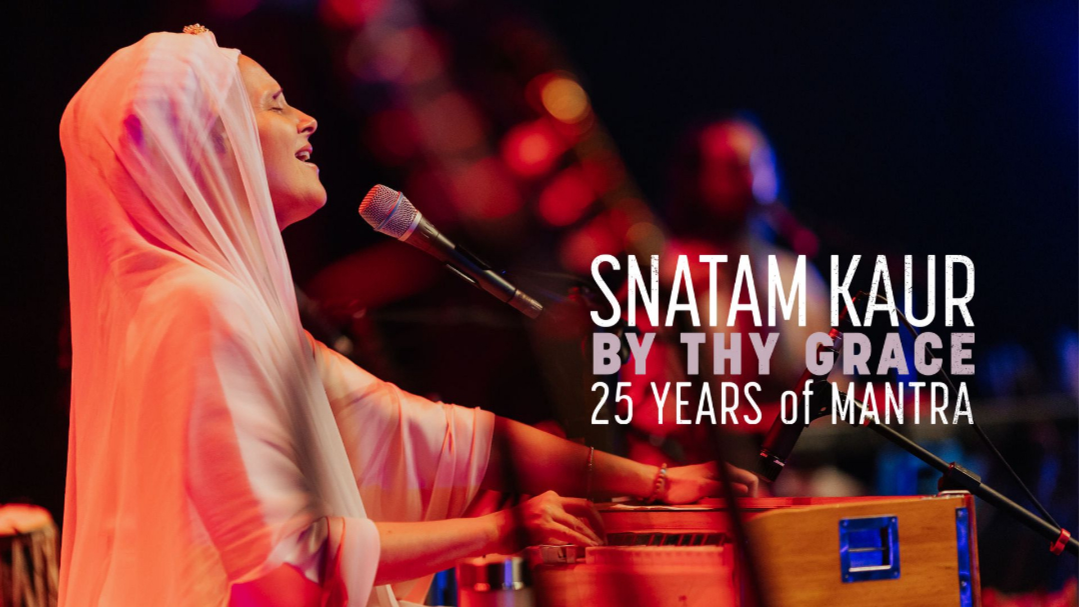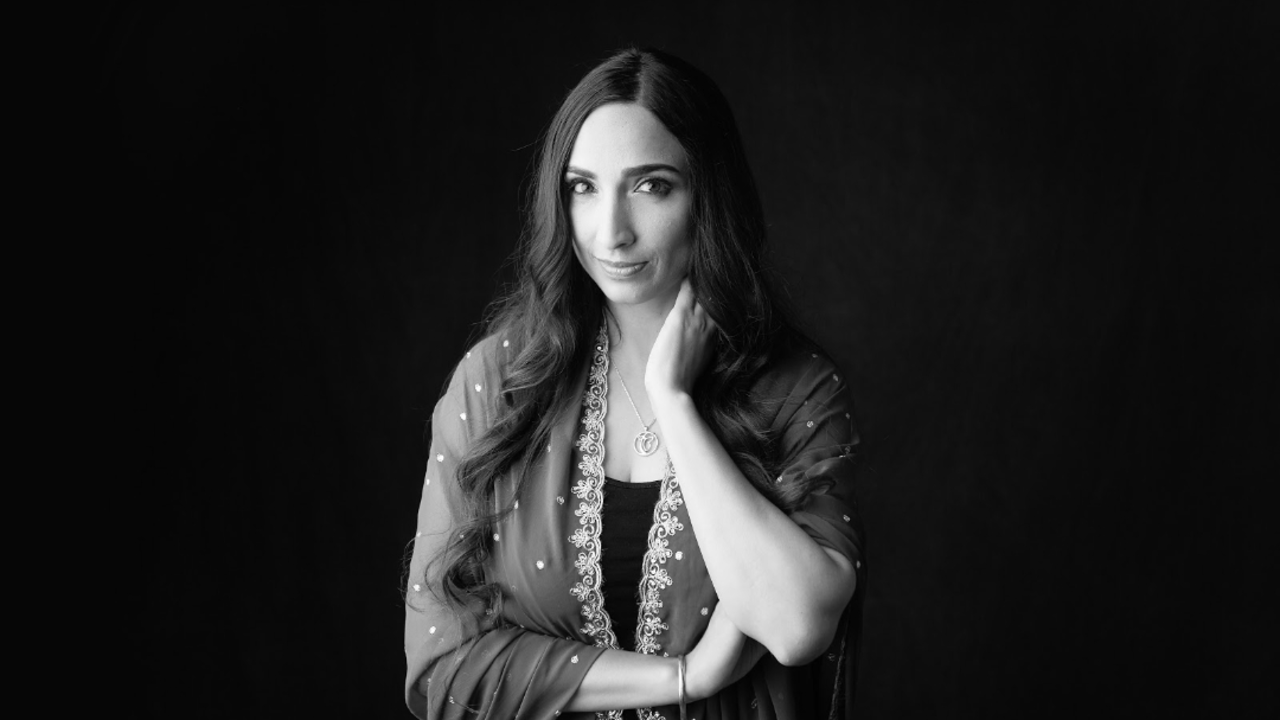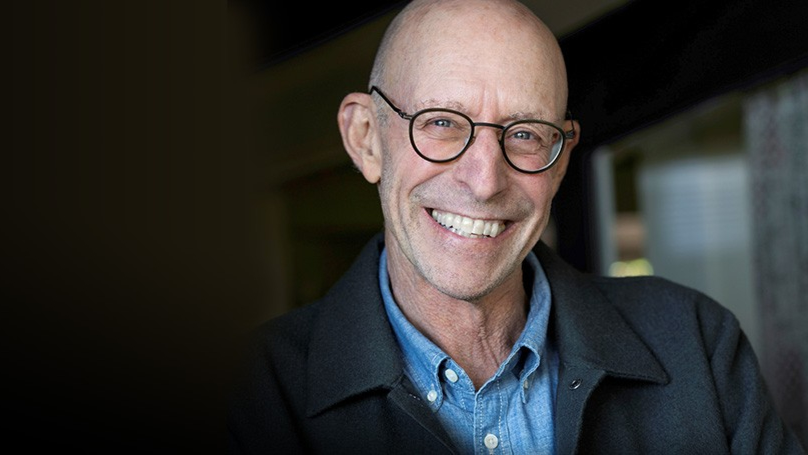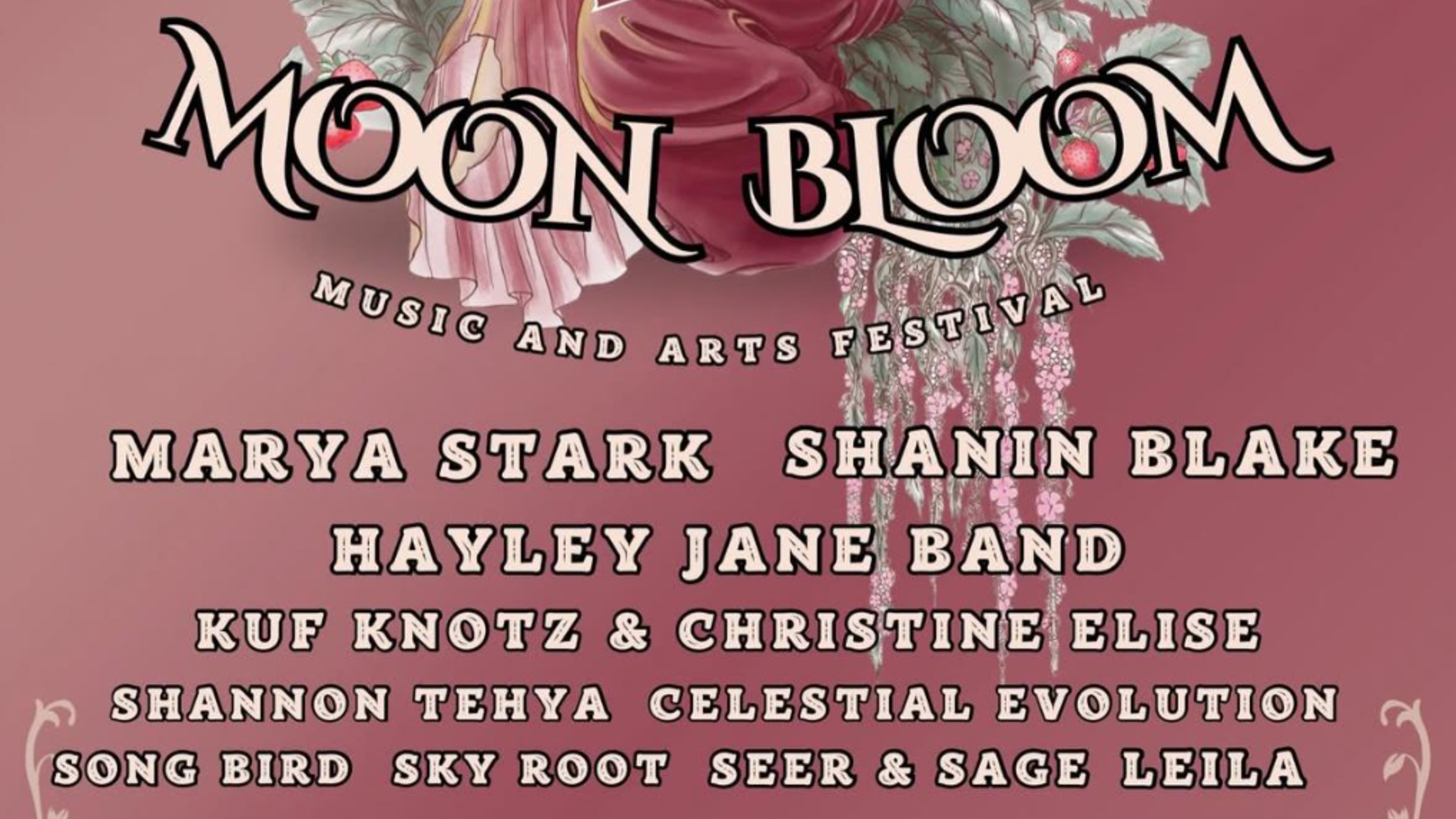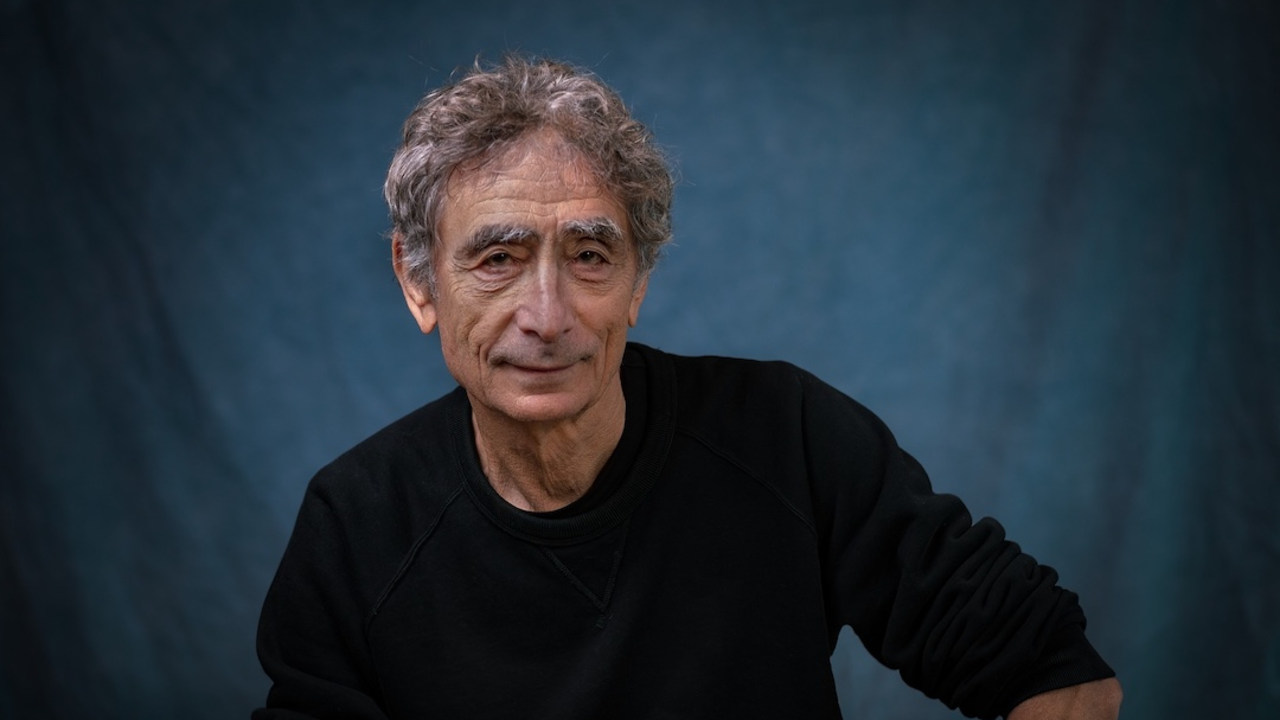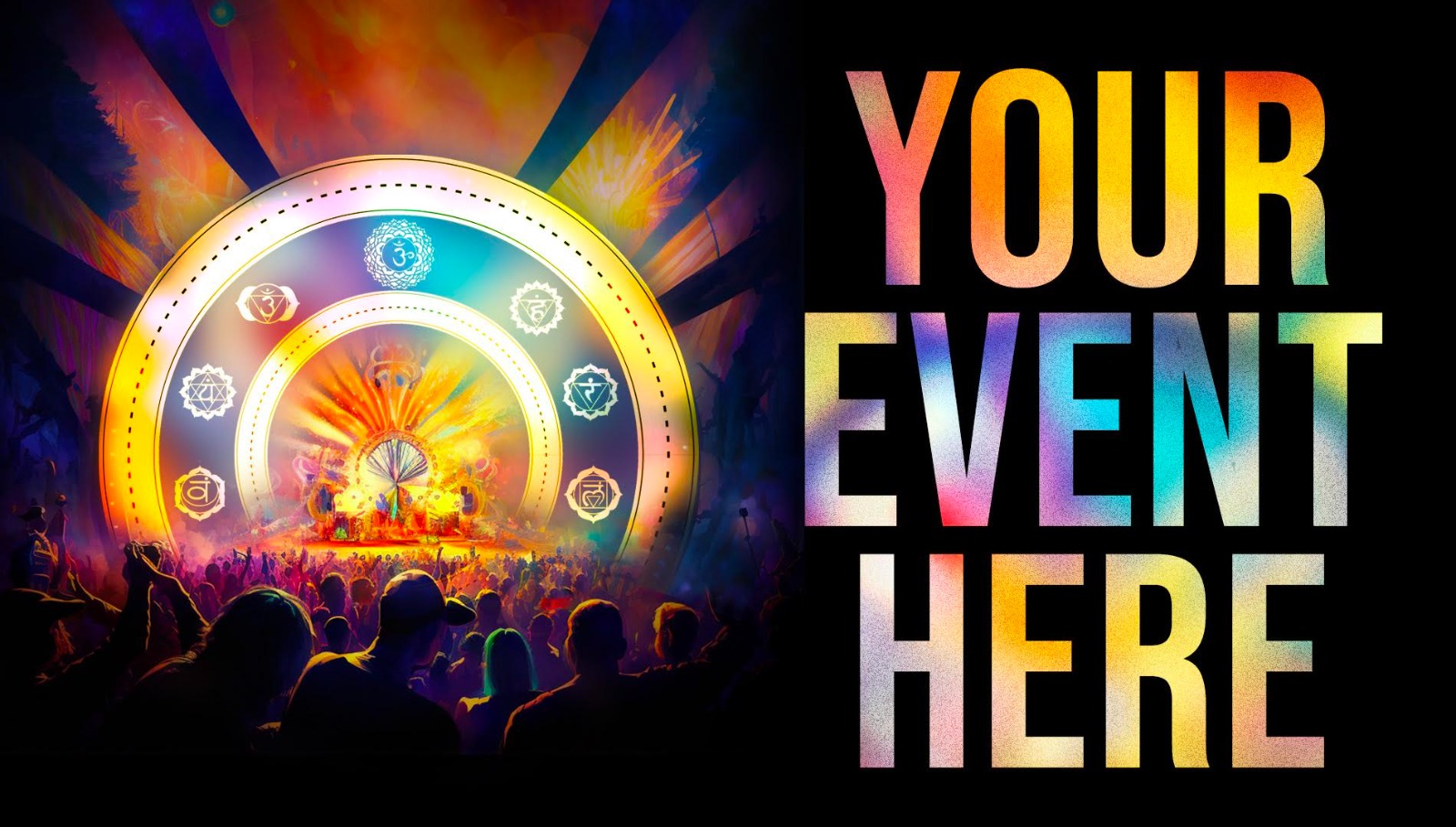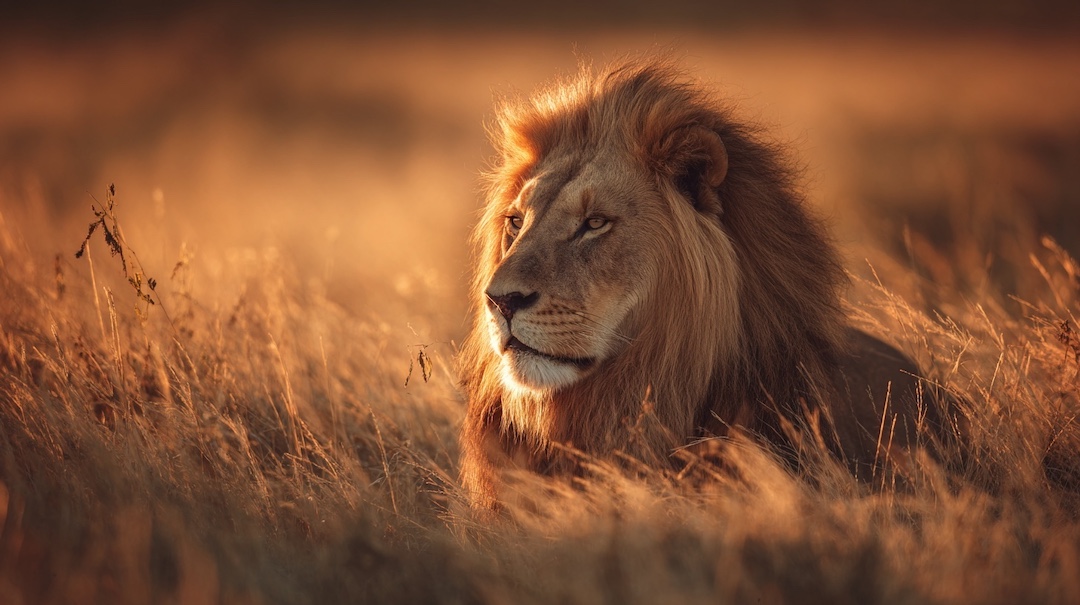
Why even the most faithful suffer, and how imperfection might be the most divine thing of all.
We like to think of the Universe as flawless—a benevolent intelligence that arranges everything in divine order. For many of us on the spiritual path, that belief once felt comforting. If I prayed sincerely, surrendered completely, and followed God’s will, surely life would align perfectly. Surely grace would shield me from suffering.
And yet, it didn’t.
The business collapsed. The relationship unraveled. The body broke. The prayer went unanswered.
It’s a quiet devastation—the moment when your faith, though intact, no longer guarantees protection. You realize that even the devout, even the pure-hearted, even the ones who chant and serve and surrender still bleed. The righteous path doesn’t always lead to paradise.
For years, I mistook that truth as a personal failure. I thought something must be wrong with me—that I wasn’t devoted enough, surrendered enough, spiritual enough. But over time, something deeper emerged: maybe the problem wasn’t my imperfection at all. Maybe it was my expectation of a perfect Universe.
The Myth of the Perfect Universe
The idea of a flawless cosmos is woven through nearly every spiritual and religious tradition. “Everything happens for a reason,” we’re told. “It’s all divine perfection in disguise.” These phrases, though comforting, can wound deeply. Because when tragedy strikes, they imply that the pain is somehow your fault—that your suffering is a sign of misalignment.
But what if the Universe isn’t perfect? What if it’s simply doing its best—an evolving intelligence, still learning, still growing, still improvising through the countless forms it inhabits?
We imagine the Divine as omniscient and omnipotent. But what if divinity is also in process—awakening to itself, just like we are? What if God is not a puppeteer but a participant? What if creation is less like a symphony already written, and more like jazz—improvisational, messy, and alive?
The Brutal Nature of Existence
If we look honestly at nature, perfection isn’t what we see. We see brutality woven into the very fabric of life.
Life exists by consuming itself.
Plants grow from decay.
Animals eat other animals to survive.
The earth is a vast recycling system of death feeding life, and life inevitably returning to death.
The same sun that nourishes a seed can scorch it. The same ocean that births fish drowns sailors. The same love that gives meaning to our days can tear us apart when it’s gone.
To call this process “perfect” is to romanticize it. To call it “evil” is to misunderstand it. It’s simply what is—an endless exchange between creation and destruction.
The Universe sustains itself by feeding upon itself. Every birth is a theft of energy; every death, a contribution to something else’s becoming. It’s not moral. It’s not sentimental. It’s real.
And yet, somehow, it’s also sacred.
Because even in its brutality, there’s beauty. In the lion’s hunger, in the forest’s decay, in the heartbreak that cracks open compassion—the same intelligence that creates pain also creates awe. The Universe, though imperfect, keeps showing up. It keeps trying. It keeps creating through chaos.
Evolution as a Spiritual Principle
If the Universe were perfect, nothing would ever change. Perfection implies completion—no room for growth, no room for discovery. But we live in a Universe that is constantly becoming, constantly learning, constantly breaking itself apart and rebuilding.
Stars explode so new stars can form.
Species die so others can evolve.
Souls shatter so consciousness can expand.
This is not the story of a flawless God. It’s the story of an evolving one.
Maybe that’s what love looks like on a cosmic scale—not perfection, but persistence. Not symmetry, but surrender to becoming. The Universe doesn’t promise comfort; it promises participation. You get to play your part in its unfolding, not as a passive receiver of divine order but as a co-creator in divine chaos.
The Believer’s Heartbreak
For many spiritual seekers, this realization comes as heartbreak. We were conditioned to believe that devotion brings reward, that alignment ensures abundance, that doing our spiritual homework guarantees peace.
But real awakening often begins when that illusion dies.
When you realize that prayer won’t always heal the wound.
That meditation won’t always erase the grief.
That love won’t always return the way you give it.
The believer’s heartbreak is the death of the transactional God—the idea that spiritual virtue ensures worldly ease. But beyond that death lies a gentler truth: the Universe’s imperfection doesn’t diminish its love. In fact, it makes that love all the more profound. Because love that persists in the midst of chaos is love that’s real.
The Universe Is Learning Through Us
Perhaps the Universe learns through trial and error—through the suffering it experiences as us. Your heartbreak, your failures, your losses—these aren’t punishments from a perfect God; they’re experiments in consciousness. Through you, the Universe discovers what it feels like to forgive, to endure, to begin again.
Maybe the Divine isn’t testing us; maybe it’s learning with us.
Maybe every prayer that goes unanswered teaches the Universe how to listen more deeply.
Maybe every act of kindness is a neuron firing in God’s awakening brain.
When we see ourselves as extensions of an evolving cosmos, even pain takes on meaning. Not moral meaning—not “you deserved this”—but participatory meaning. You are the Universe experiencing itself, refining itself, remembering itself.
The Freedom Beyond Perfection
We suffer because we’re wired for perfection.
Our minds crave completion. Our hearts long for harmony.
But reality is too alive to ever be complete.
Once we stop demanding perfection—from life, from others, from ourselves—something extraordinary happens. The noise softens. The fight ends. We begin to see beauty in what’s broken, wholeness in what’s wounded, intelligence in what’s chaotic.
Peace doesn’t come from fixing the world; it comes from falling in love with its incompleteness.
The Gospel of “Po”
You could call this worldview “Po”—not belief, not disbelief, but something in between.
Osho once spoke of “Po” as a word that exists beyond yes and no, beyond belief and denial. The term itself was popularized by the creativity thinker Edward de Bono, who used it to describe a state of provocation—an opening into new perception that breaks rigid logic. Osho adopted it in a spiritual sense: a reminder that truth can’t be contained by opposites.
In that spirit, Po becomes a kind of middle path—a faith that is neither naïve nor cynical. It acknowledges that the Universe is both intelligent and imperfect, benevolent and brutal, evolving and unfinished.
“Po” is the stance of one who can bow to the mystery without demanding perfection from it. It invites humility, patience, and curiosity. It reminds us that even divinity might still be learning.
You don’t have to fix the world or yourself to belong here. You just have to stay in the dance—to keep creating, loving, forgiving, and falling, alongside the Universe itself.
The Final Turning
Maybe the Universe isn’t a perfectly tuned machine but a living, breathing organism still learning how to be. Maybe your pain is not proof of its absence, but of its presence—stretching through you toward greater understanding.
So let us stop demanding perfection—from God, from others, from ourselves.
Let us honor the chaos, the brutality, and the grace that coexist in every breath.
Let us trust that “doing its best” is divine enough.
Because in the end, perhaps the Universe’s imperfection is its perfection—
a love so vast it includes even the brokenness it creates.
“The Universe is not a moral accountant.
It’s a wild intelligence learning to love itself—one death at a time.”
Share Your Light
If this reflection resonates with you, share your own writing, art, or experience on BrightStarEvents.com. Join a community of seekers and creators exploring what it means to live, love, and awaken within an imperfect—but deeply sacred—Universe.



